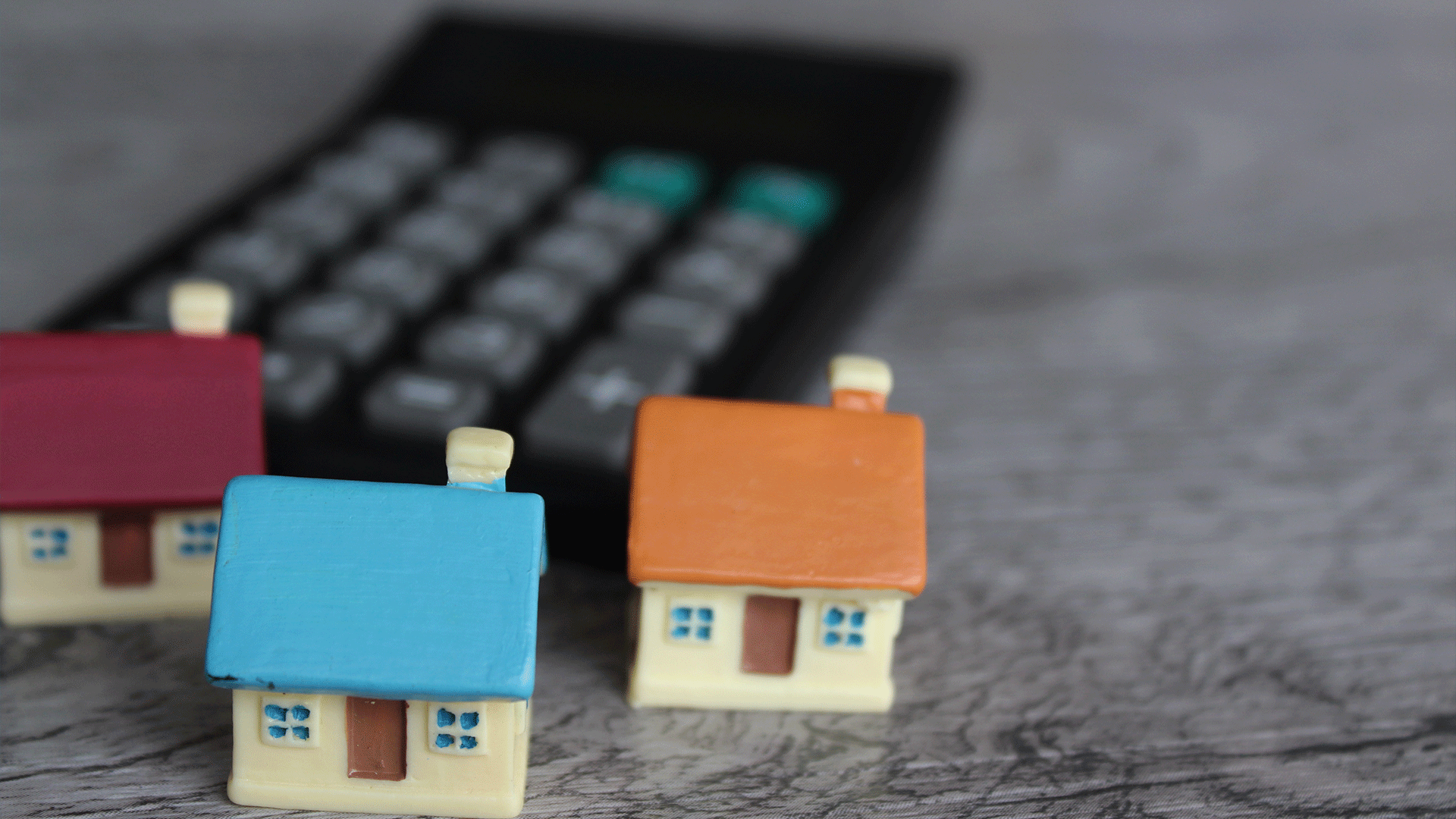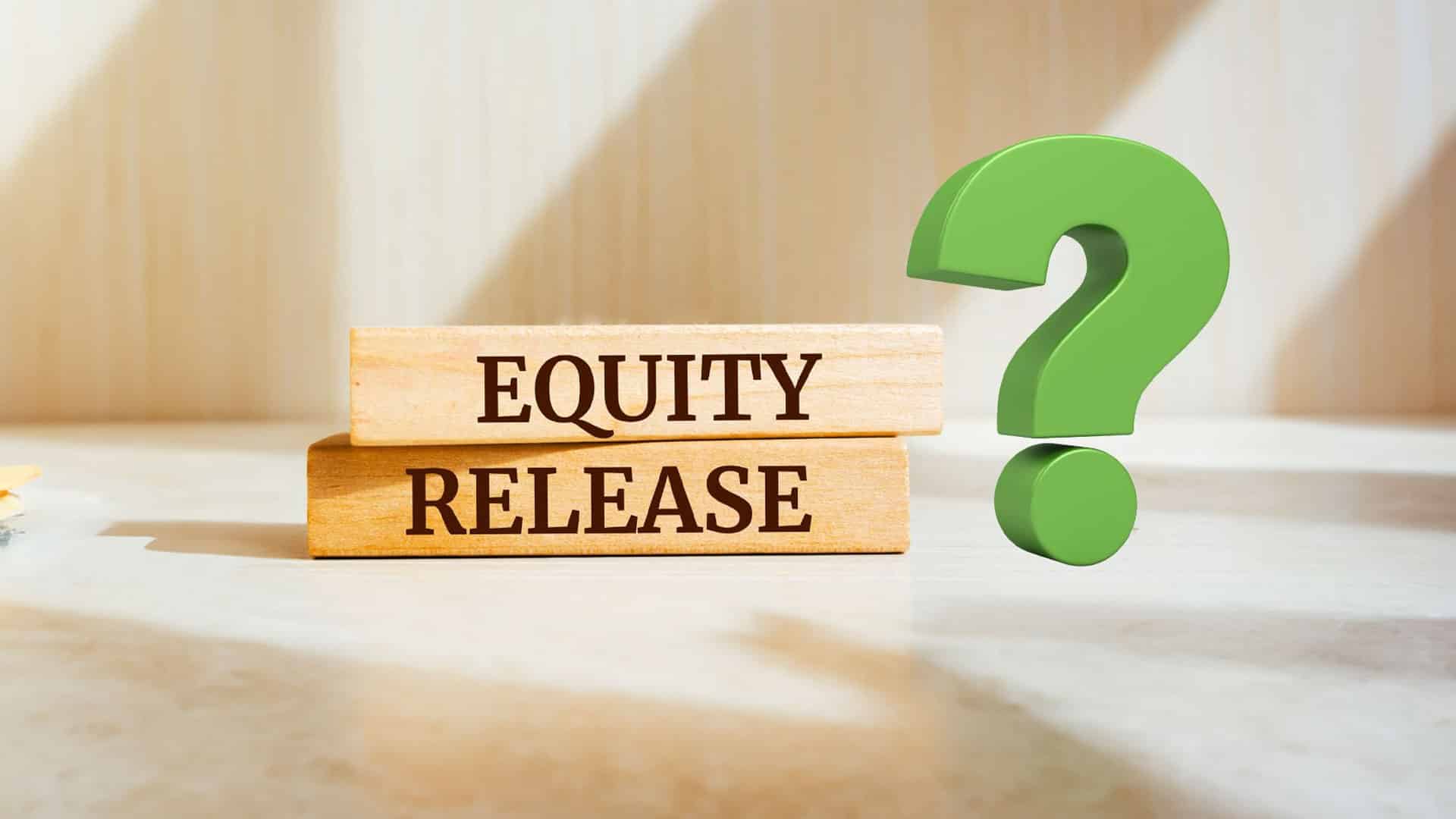Equity is the difference between what your home is worth and how much you still owe on your mortgage.
If your property is worth £250,000 and your outstanding mortgage balance is £100,000, your equity would be £150,000.
This figure plays a key role when you’re remortgaging, looking to release funds, or exploring retirement mortgages in Derby.
People often look at their equity when switching deals, raising money for home improvements, or accessing cash later in life.
What Affects the Equity in Your Property?
Your equity increases over time as you pay down your mortgage, and it can grow more quickly if your home’s value rises. For example, if house prices in your area go up, your property could be worth more, giving you more equity even if your mortgage balance hasn’t changed much.
Likewise, if you’ve made overpayments or taken a shorter mortgage term, your loan balance may have reduced faster, helping you build equity more quickly.
Why Equity Matters in Derby
The amount of equity you hold affects what you can do with your home financially. If you’re remortgaging, lenders will use this figure to work out your loan-to-value (LTV) ratio.
The lower the LTV, the more competitive your mortgage options are likely to be. Many homeowners also consider using their equity to support their retirement.
Some choose to release a portion of it through later-life lending products such as retirement interest-only mortgages or equity release in Derby, depending on their age, income, and future plans.
How to Work Out Your Home’s Equity
To calculate your equity, you’ll need two key figures: the current market value of your home and your remaining mortgage balance. Subtract one from the other, and the result is your equity. For example:
- Property value: £300,000
- Outstanding mortgage: £120,000
- Equity: £180,000
If you’re not sure what your home is currently worth, a mortgage advisor in Derby can help you arrange a property valuation as part of the remortgage or equity release process.
What Can You Do With Equity?
Equity gives you financial flexibility. Many homeowners use it when remortgaging to raise funds for home improvements, consolidate debts, or support family members with deposits. Others use it later in life as part of their retirement planning.
If you’re aged 55 or over and looking to access some of your equity without moving, products like lifetime mortgages may be an option.
These let you release funds tax-free while continuing to live in your home, with repayment usually made after you pass away or move into long-term care.
Why Someone Might Want to Release Equity
For some, it’s about improving their quality of life in retirement, whether that means renovating the home, clearing outstanding debts, or simply creating a financial buffer for day-to-day spending.
Others choose to release equity to support loved ones, such as helping children or grandchildren with a deposit for their first home.
It’s also a common route for those who are asset-rich but cash-poor, using the value built up in the property to ease financial pressure without needing to sell or downsize.
In later life, products such as lifetime mortgages allow you to access equity while continuing to live in your home. This approach suits homeowners who want to maintain independence and flexibility, especially if they don’t want the disruption of moving.
Speak to a Mortgage Broker in Derby
Whether you’re remortgaging, looking to release equity, or exploring retirement lending, understanding how your home equity works is a useful first step.
At Derbymoneyman, we can help you calculate what your property is worth and show you the options that match your goals and circumstances.
Date Last Edited: June 5, 2025













